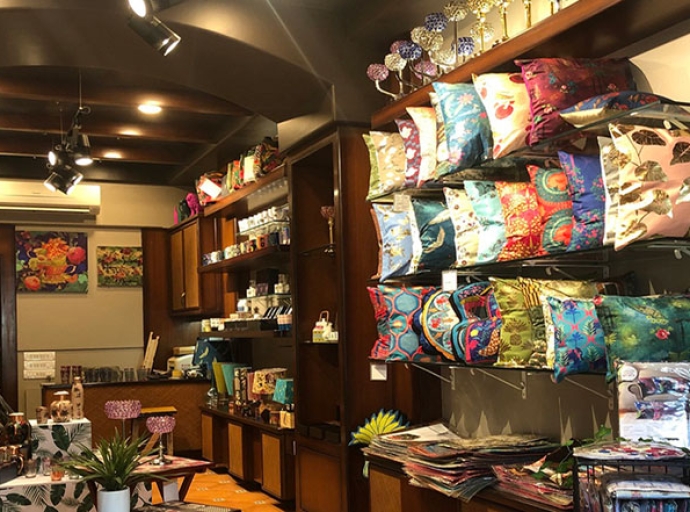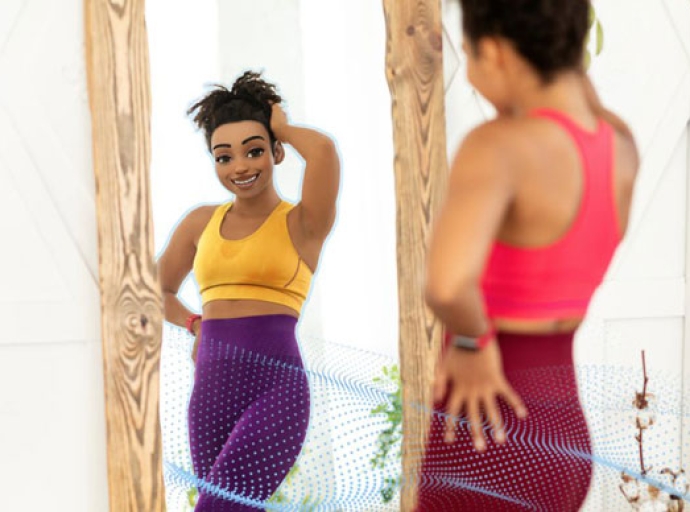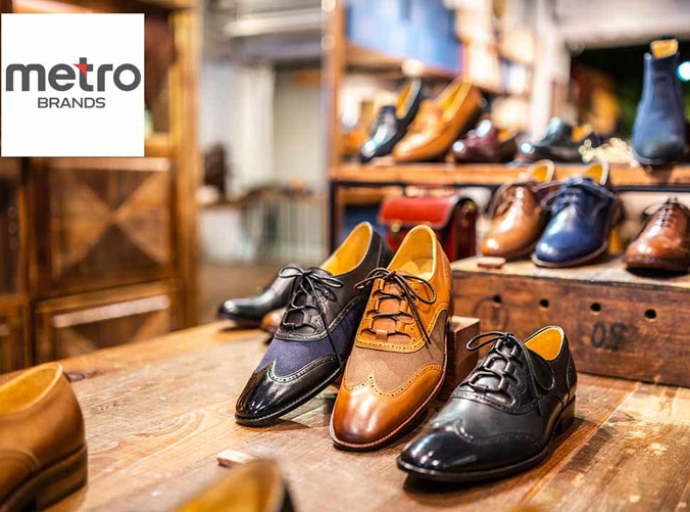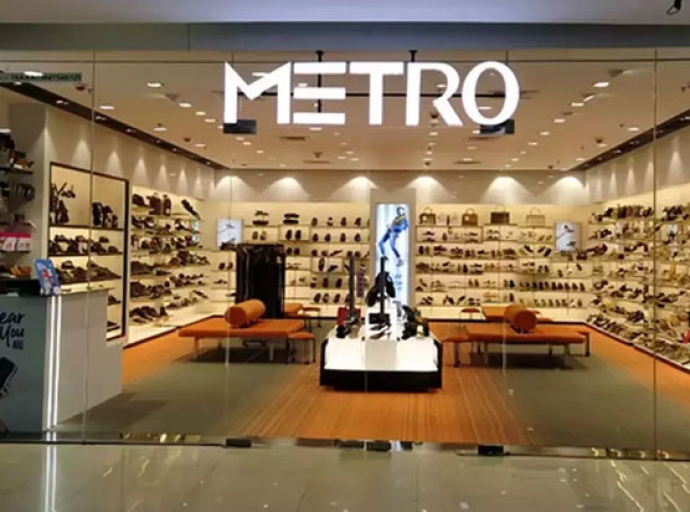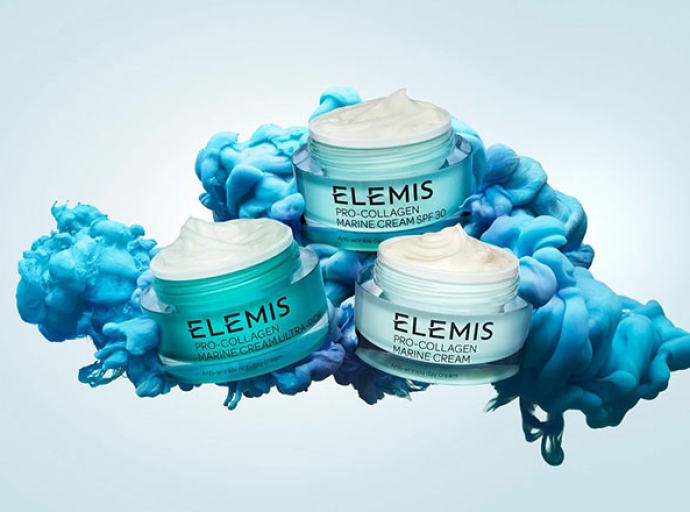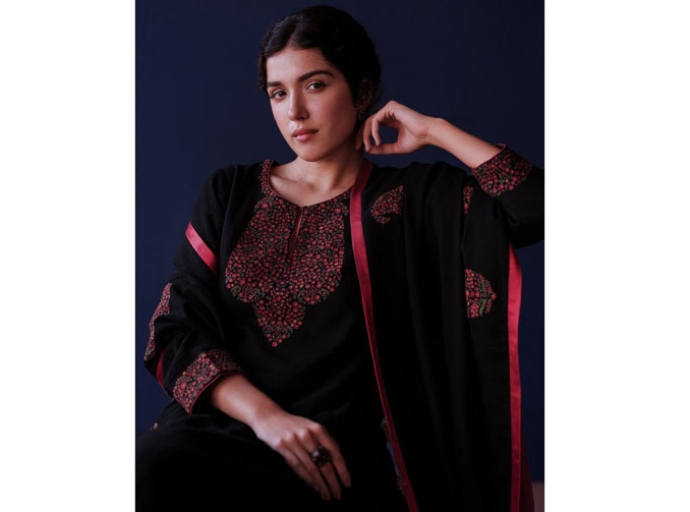17 December 2021, Mumbai:
The 15th edition of Myntra’s biannual EORS, the nation’s mega fashion carnival, is round the corner, offering shoppers across the country the opportunity to upgrade their wardrobes ahead of the New Year.
EORS will go live in the wee hours of 18th December and up to 23rd December, offering the biggest EORS collection of 1 million styles from over 5000 brands.
The 6-day event is slated to cater to the fashion, beauty, and lifestyle needs of over 40 lakh unique customers across the country with the demand expected to rise by 2.5X of BAU days. With over 20% higher traffic over the previous winter edition,.
Myntra expects about 700k new customers during the course of the event, with ~45% of the overall traffic coming from tier 2 and 3 cities and towns. This edition of EORS is powered by boAt as the title sponsor.
Consumers can hand pick their favourite fashion wear, beauty products, accessories, home decor, and more at the best possible price points from a range of brands such as H&M, MANGO, Levis, Puma, Nike, Roadster, boAt, Mama Earth, Urbanic, and, Biba among others. Apart from festive Indian wear, the December edition of EORS also offers the best opportunity to shop for trendy winter wear from a range of domestic and international brands, as well as beauty, skin, and hair care products.
Expanding its omni network further, Myntra has integrated 350+ brands and 2900+ stores across the country under its omnichannel delivery model which is over 1.7X more than the previous winter edition of EORS held in December last year.
Omni-channel services are being offered in over 42 cities and across 1.4 lakh styles, with some of the leading brands integrated under this system over the last three months being Status Quo, Woodland, Soch, and Columbia among others.
Myntra’s popular Kirana model (MENSA), will cater to pin codes across the country, giving an impetus to their earnings. About 25000 Kirana partners, including franchises, will cater to 80% of all deliveries this EORS.
First-time shoppers can avail a flat Rs 500 off alongside free delivery for a month, while Elite, Select & Icon insiders can enjoy free shipping during the entire event.
Insiders can also avail offers of up to 20% on 150+ brands and redeem top brand vouchers against insider points. Myntra’s ‘shout & earn’ program will allow users to invite their friends to EORS and get extra offers of up to Rs 150 per friend who just visits the EORS page and does not necessarily shop.
On the payments front, there are exciting offers from banks such as ICICI, offering a 10% off on both credit and debit cards, Axis bank is offering a 10% off on credit cards, while users of Paytm can avail a flat Rs 150/- cashback on wallet transaction.
For the 15th edition of the event, personal care, accessories, kids, and sports are among the key focus categories, while winter wear and winter essentials are a big bet from a seasonal standpoint, for which a curated collection from the popular brands is being made available at sharp pricing and value offers.
Over 350 domestic and international brands will offer 1.1L+ styles in the kids wear category. In the Beauty & Personal Care segment, Myntra will be offering 38,000 styles from over 750 brands in the segment.
Myntra has added over 50 brands including Dermalogica, Anastasia Beverly Hills, W Beauty, and Pilgrim ahead of this flagship event.
Brands such as Wow Skin Science and Mamaearth are offering BOGOs, while premium brands like MAC, Kama Ayurveda, and Forest Essentials are offering exciting free gifts with purchase. One of Myntra’s key partner brands, boAt, India’s leading audio and tech brand, is the title sponsor for the 15th edition of EORS and is offering a range of wearables at attractive prices during the event.
Speaking about EORS, Sharon Pais, Chief Business Officer, Myntra, said, “EORS is around the corner and we are poised to present the best collection at sharp value offers from across categories, for our customers.
Myntra understands the pulse of fashion conscious shoppers and that gives us an edge in terms of curating the best for every customer cohort. We are looking at a significant portion of new customers meeting their current fashion and beauty need states, through our social commerce platforms, especially M-Live that was launched recently.
Our ~25000 Kirana partners will play a pivotal role in enhancing the experience of EORS for our customers, while we are geared to handle 60 million visitors and 15000 orders per minute at peak.”
Vivek Gambhir, CEO, boAt for EORS-15, said, "We are looking forward to the EORS – which is regarded as one of the biggest fashion carnivals in the country.
Both Myntra and boAt are quintessential fashion-forward brands and have been able to elevate India’s style quotient. We have a long-standing relationship with Myntra as they have played a key role in shaping consumer perception when it comes to audio accessories and smartwatches.
This partnership is aimed at celebrating the joy of festive buying and introducing lifestyle brands to the new & growing fashion-conscious population."
About Myntra
Myntra is India's leading platform for fashion brands and pioneer in m-commerce play. An integral part of the Flipkart Group, Myntra brings together technology and fashion to create the best experience in the fashion and lifestyle space in India.
The company has partnered with over 5000+ leading fashion and lifestyle brands in the country such as Nike, Adidas, Puma, Levis, Wrangler, Arrow, Jealous 21, Diesel, CAT, Harley Davidson, Ferrari, Timberland, US Polo, FabIndia, Biba, and many more, to offer a wide range in latest branded fashion and lifestyle wear. Myntra services over 27,000 pin codes across the country.
BUSINESS WIRE (The news article has not been edited by DFU Publications staff)
Dear Reader, we at DFU Publications are committed to providing the latest news updates on trade development and insights, to keep our readers informed. Stay tuned. Subscribe to our newsletter.
DAILY NEWS:
Return to homepage



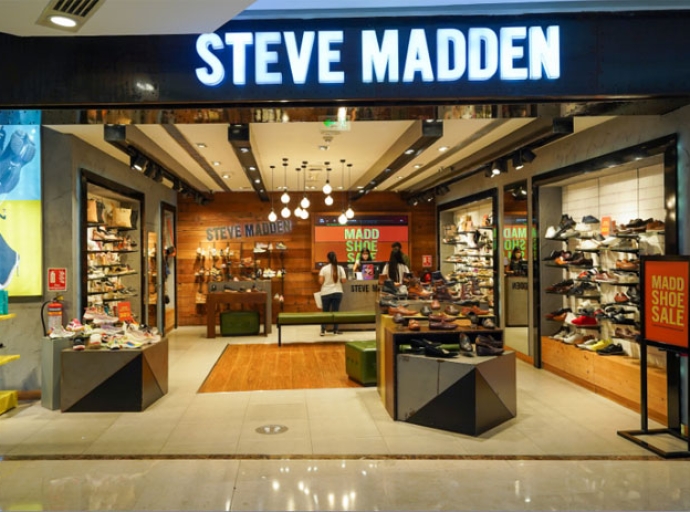
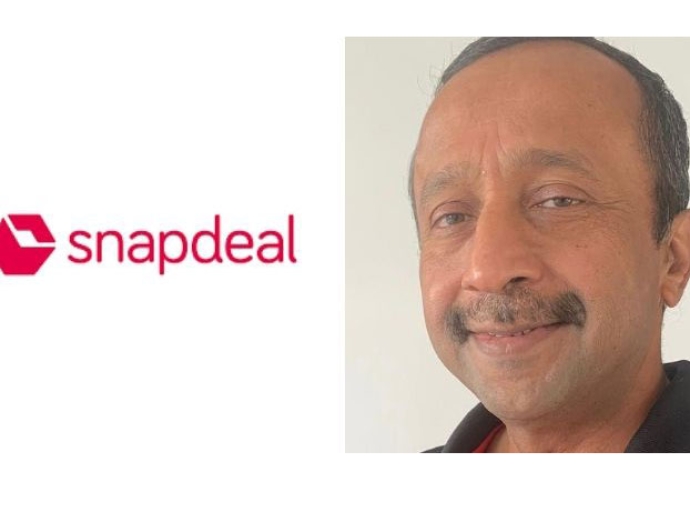
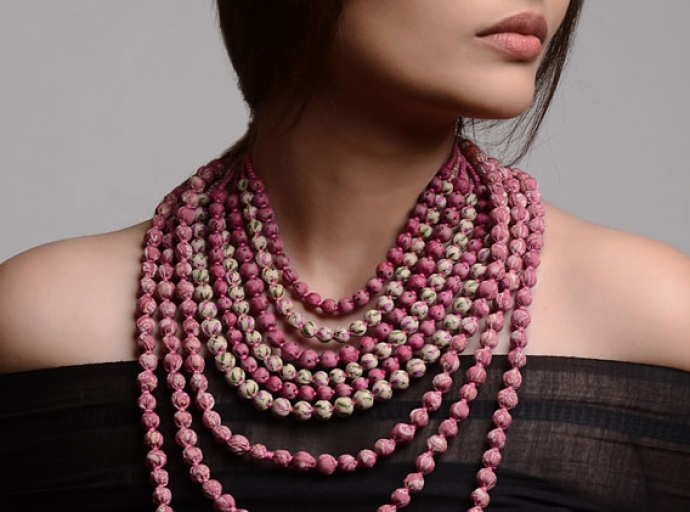

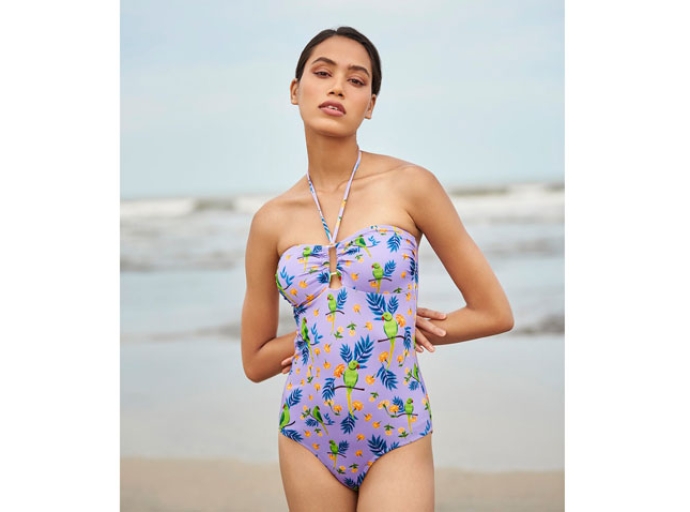

-to-handle-Reebok-India-retail_thumbnail.jpg)
